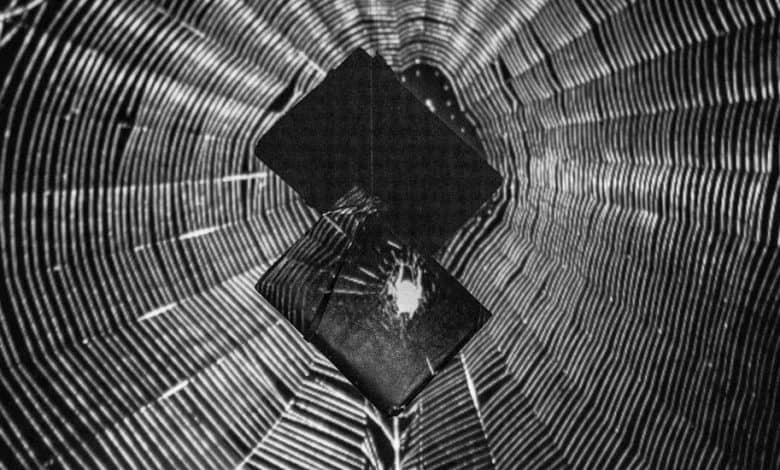From Russia, Elaborate Tales of Fake Journalists

A young man calling himself Mohamed al-Alawi appeared in a YouTube video in August. He described himself as an investigative journalist in Egypt with a big scoop: The mother-in-law of Ukraine’s president had purchased a villa near Angelina Jolie’s in El Gouna, a resort town on the Red Sea.
The story, it turned out, was not true. Ukraine denied it, and the owner of the villa refuted it. Also disconnected from reality: Alawi’s claim to being a journalist.
Still, his story caromed through social media and news outlets from Egypt to Nigeria and ultimately to Russia — which, according to researchers, is where the story all began.
The story seemed to fade, but not for long. Four months later, two new videos appeared on YouTube. They said Mohamed al-Alawi had been beaten to death in Hurghada, a town about 20 miles south of El Gouna. The suspected killers, according to the videos: Ukraine’s secret service agents.
These claims were no more factual than the first, but they gave new life to the old lie. Another round of posts and news reports ultimately reached millions of internet users around the world, elevating the narrative so much that it was even echoed by members of the U.S. Congress while debating continued military assistance to Ukraine.
Ever since its forces invaded two years ago, Russia has unleashed a torrent of disinformation to try to discredit Ukraine’s leader, Volodymyr Zelensky, and undermine the country’s support in the West.
